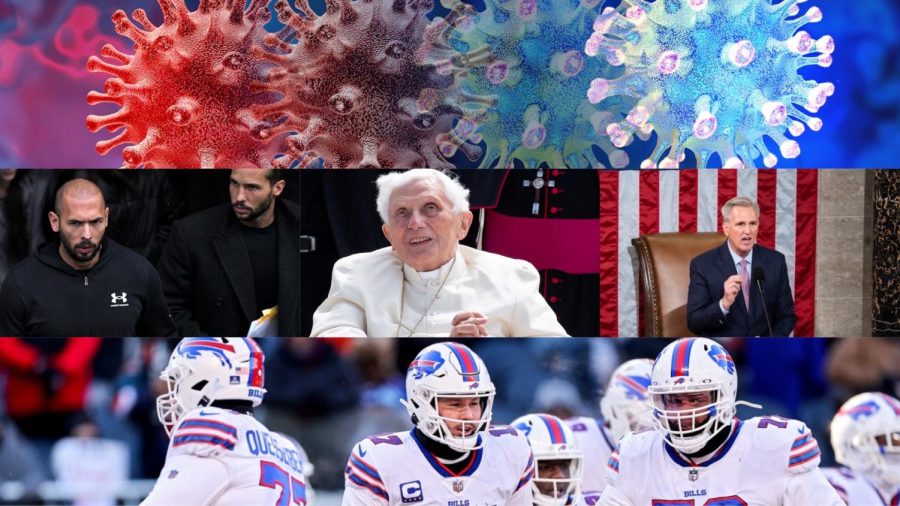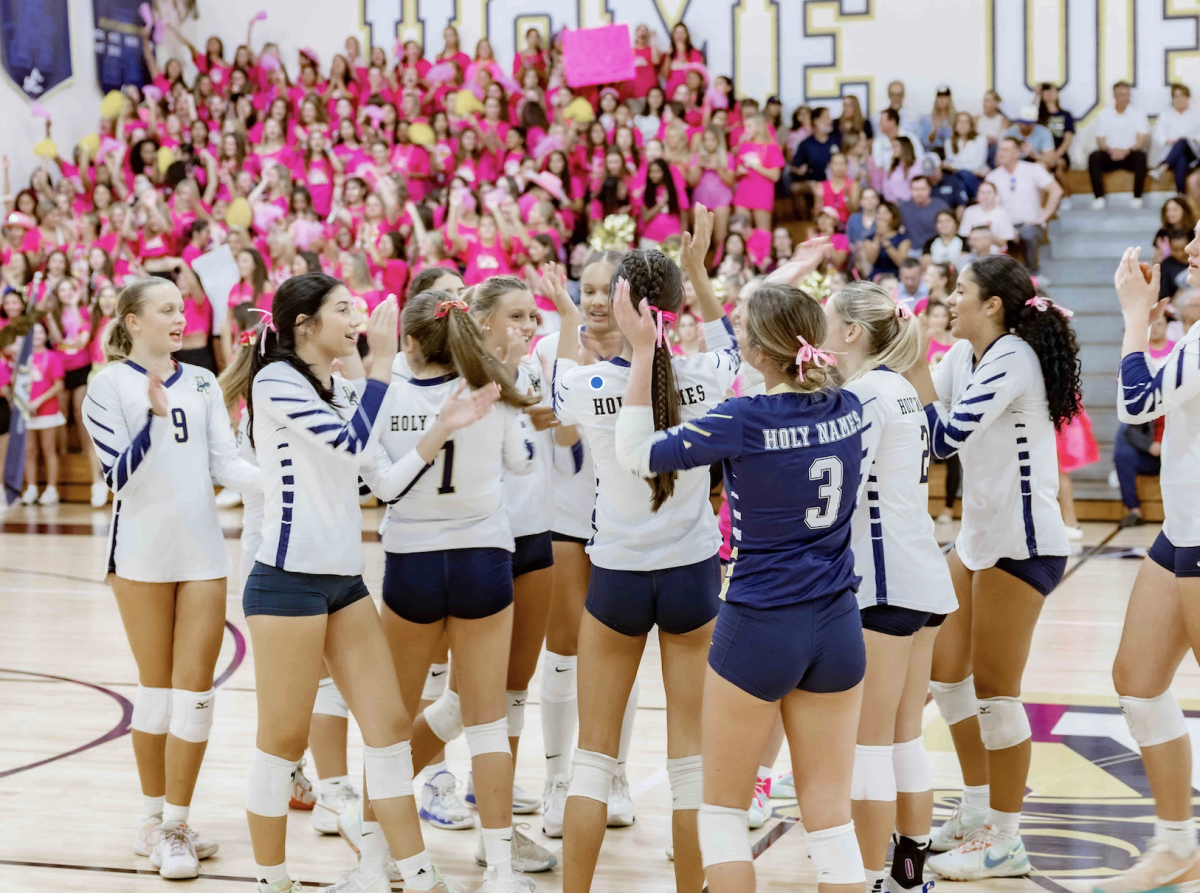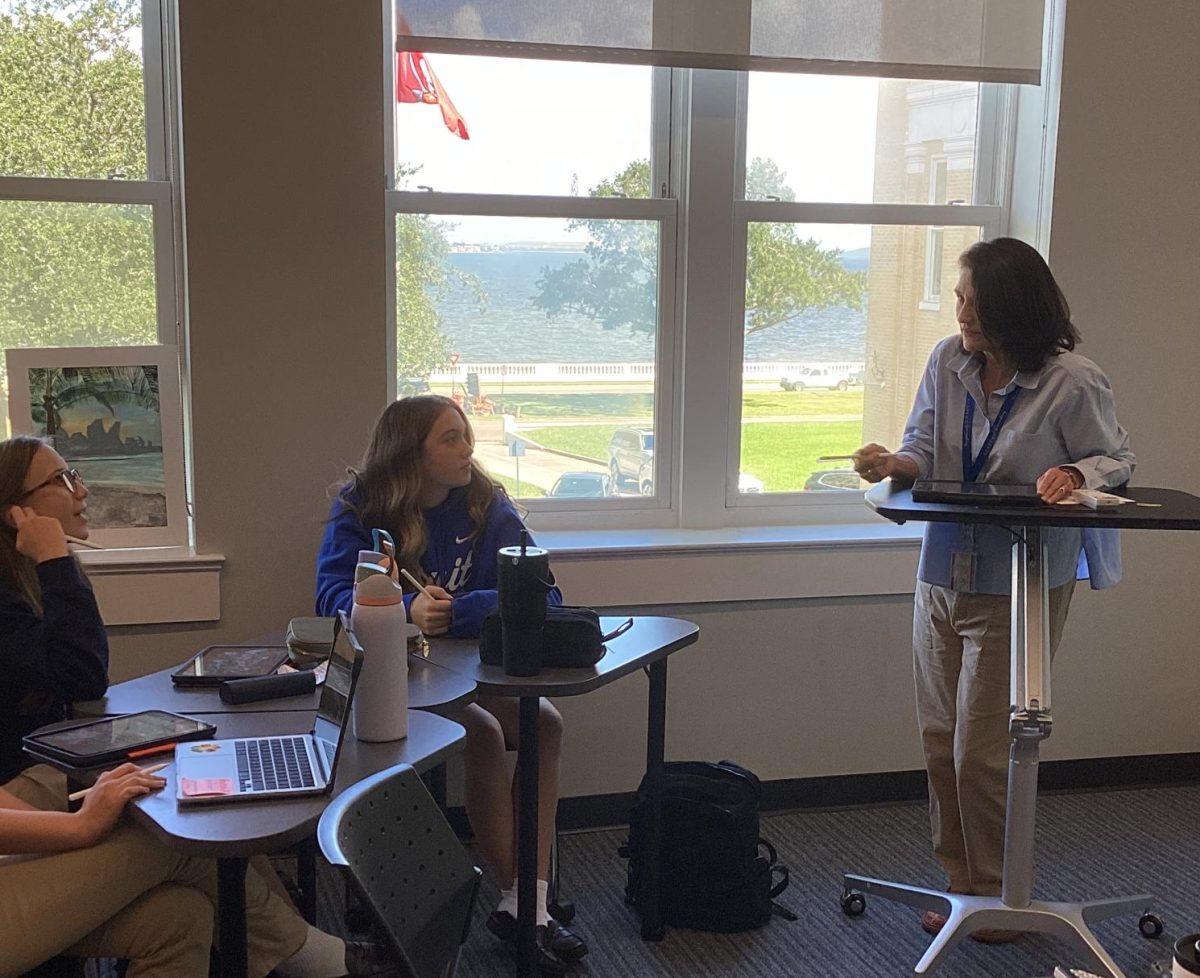After months of tense negotiations and a rift that threatened to paralyze the entertainment industry, hope emerges for actors, still on strike, as the writer’s strike ended, a positive resolution for its long-awaited conclusion.
In a turn of events, the approximately 150-day writer’s strike that has gripped the entertainment industry for months is now showing signs of a resolution. After a period of deadlock that saw the creative gears of films grind to a halt, the parties involved reached a breakthrough that promises to bring relief to both writers and fans alike.
The road to ending the writer’s strike has been drawn out, characterized by negotiations, impassioned pleas from writers, and the inevitable disruption of countless projects. At the heart of the dispute have been issues related to fair compensation, writers’ rights in the age of streaming, and the growing demand for diverse voices in the writers’ room. Industry insiders reveal that both sides, represented by the Writers Guild of America (WGA) and major studios, have made significant concessions during the latest round of talks. “We can say, with great pride, that this deal is exceptional — with meaningful gains and protections for writers in every sector of the membership,” said the Writers Guild’s negotiating committee. The resolution includes a three-year deal where both sides will be happy with increased royalties, mandatory staffing for television, and protection against AI tools.
One of the primary things throughout the strike has been compensation in the era of streaming. With the rapid growth of streaming platforms, writers have argued that their compensation has not kept pace with the industry’s shift from traditional cable to digital streaming. On the other hand, studios have cited budget constraints and evolving distribution models as reasons for not meeting writers’ demands. Recent negotiations have seen both parties finding common ground on this critical issue. While specific details remain confidential, insiders indicate that the new model addresses the concerns of writers while acknowledging the shifting landscape of the entertainment industry.
Writers have more leverage in WGA-AMPTP talks — exclusive industry survey shows what Hollywood thinks of a possible strike https://t.co/kfMQKDTIyy pic.twitter.com/K1g54vdEeM
— Variety (@Variety) April 14, 2023
Moreover, streaming rights and residuals have been a significant point of contention. Writers have insisted on a fair share of the profits generated by their work on streaming platforms, where content can continue to generate revenue long after its initial release. Studios have been hesitant to meet these demands, but recent discussions reportedly made progress in establishing equitable compensation structures, included in the final deal.
The writer’s strike, which began several months ago, has had far-reaching consequences throughout the entertainment world. Production schedules have been disrupted, release dates pushed back, and fans left eagerly awaiting the continuation of their favorite shows, such as Saturday Night Live and Stranger Things. Production times have been pushed back and reruns have been playing for months. Sabrina Grayson (‘24) spoke on the troubling times much of the entertainment world is facing, saying, “I am so excited for shows to start coming out with new seasons again, it’s been too long.” Many industry professionals have voiced their support for the striking writers, recognizing the importance of fair compensation and diverse representation in storytelling. High-profile actors and directors, such as Seth Myers, Pete Davidson, and Drew Barrymore, have joined the chorus of voices calling for a swift resolution to the dispute.
While optimism for actors to reach a similarly favorable resolution, it’s essential to remember that negotiations for them are still ongoing, and nothing is certain until both parties reach a formal agreement.
As the entertainment industry inches toward the end of this conflict, there is a sense of anticipation and relief in the air. Writers, studios, actors, and fans alike can now hope for a brighter future where creativity flows freely, stories are told without compromise, and the industry continues to evolve to meet the demands of the digital age. In the coming weeks, all eyes will be on the negotiating table as the world watches for the final act in this dramatic saga: will the actors, too, have their moment on the bargaining stage?













